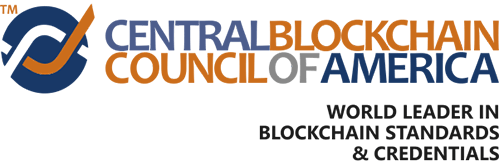×
☰
- CBCA
- Impact
- Standards
- Vision
- Certification for Professionals
- Business Blockchain Professional
- Certified Blockchain Engineer
- Global Blockchain Leader
- Partnering
- Education & Training
- Corporate Collaborations
- Enterprise Partners
- Institutional Collaborations
- Connect up










